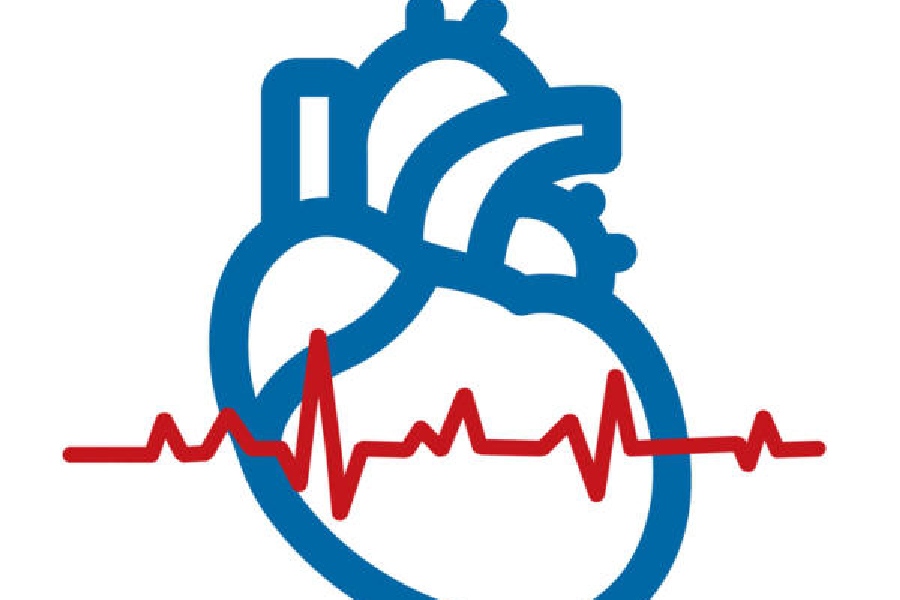A team of medical researchers in the US has proposed a simple blood test that measures six specific inflammatory markers to predict the risk of stroke.
The test for the markers associated with the inflammatory protein called interleukin (IL)-18 may serve as a risk assessment tool for stroke just as blood cholesterol tests predict the risk of heart attacks, the researchers said.
The only way at present to determine a person’s risk for stroke has been a combination of imaging such as a magnetic resonance imaging (MRI) scan and family history, among other risk factors such as high blood pressure. However, most neurologists find a patient at risk after they have already had a stroke or a cerebral event that might signal the risk of stroke.
“In the same way we use cholesterol tests to evaluate future risk for a heart attack, we don’t have such a thing to estimate future risk of stroke,” said Jason Hinman, a neurologist at the University of California, Los Angeles, who led the study on a blood test for stroke. “We could do this with something as simple as a blood test,” he said in a media release.
Earlier evidence had established a link between IL-18 and the risk of stroke. Researchers at Qingdao University in China, for instance, had in 2010 shown that genetic variations of the IL-18 gene raised the risk of stroke in the Han Chinese population.
A 2019 study by researchers at the Shanghai Jiao Tong University School of Medicine had shown that increased IL-18 levels contributed to the development and severity of stroke. The Shanghai team had also proposed the use of IL-18 level as a biomarker for stroke.
Hinman and his colleagues analysed a set of inflammatory molecules associated with IL-18, a protein that plays a key role in fighting infections, auto-immune disorders, and inflammation. They tracked the medical history of thousands of residents in the US who had volunteered for an independent study on long-term health outcomes and five of the six molecules that were linked to IL-18 tested in their blood samples.
They have used the data to create a mathematical model that generates a risk score based on the levels of the inflammatory molecules linked to IL-18 in the blood samples. Among 2,201 people in the study, those whose risk scores were in the top 25 per cent had an 84 per cent chance of experiencing a stroke. And elevated risk scores increased the risk of stroke by 51 per cent, according to the study published on Monday in the medical journal Stroke.
The concentrations of the inflammatory biomarkers centred around IL-18 are associated with an increased risk of stroke and cognitive impairment in the sample population they studied, the researchers wrote in their study.
Hinman said it is unclear whether a risk score based on the IL-18 markers can be reduced. “The challenge is in primary care space — are you at risk before you have an event?” Hinman said in the media release. The goal is to prevent a stroke before it happens, he said.











